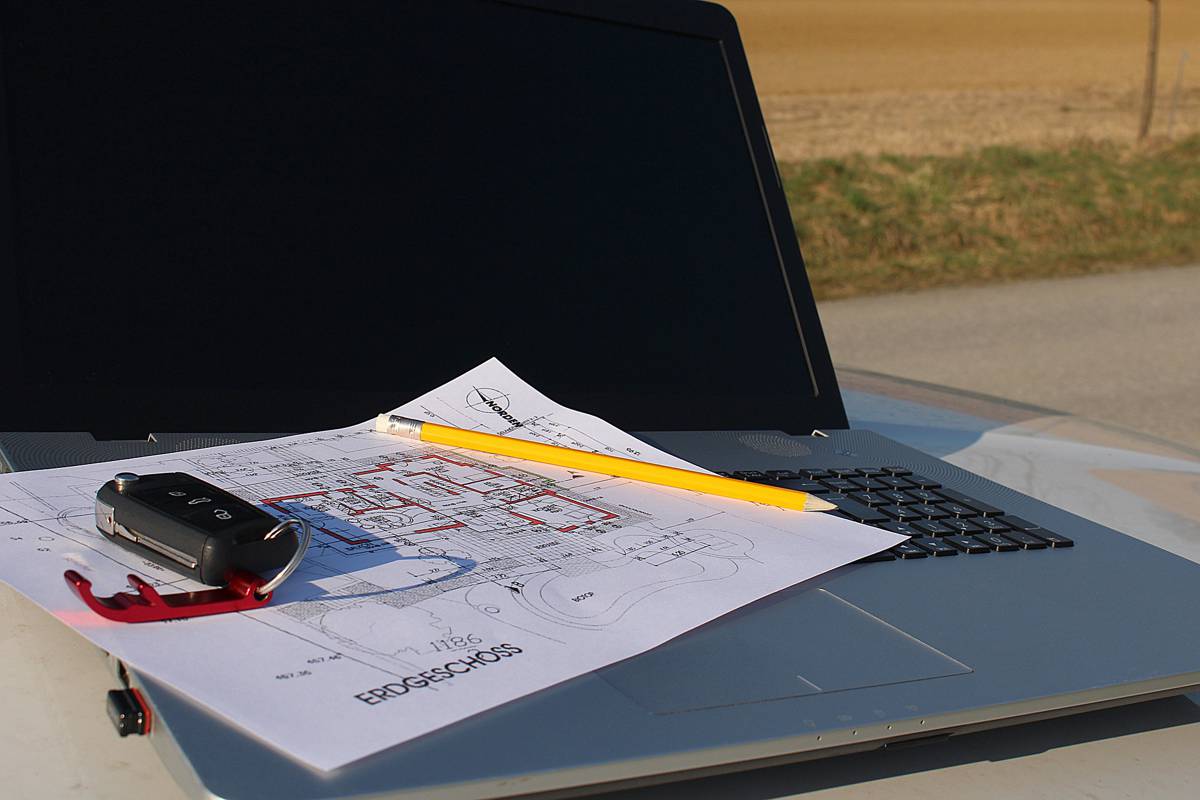Supply Chain in Construction – 9 sure fire tips for success
Nowadays, having an excellent and reliable supply chain is essential for a company’s success. Supply chain management entails comprehending the breakdown and traceability of goods and services, organizations, logistics, people, activities, information, and resources that change raw materials into final products suitable for their intended use.
Warehousing and fulfilment solutions are significant segments of supply chain management. If your business maintains inventory, some type of storage will be necessary. Whether you manage it in-house or outsource it, a warehouse is simply a space where your items can be stored efficiently.
The purpose of fulfilment services is to respond to incoming requests and efficiently deliver items to the worksite. In contrast to a warehouse-only business, inventory in a fulfilment centre does not sit idle for lengthy periods. While start-ups and smaller businesses may initially fulfil orders in-house, employing a fulfilment centre is critical for growth and smoother completion of transactions or processes, especially for businesses like construction and e-commerce.

In terms of supply chain management in the construction industry, it is a bit more complicated and encompasses a wide variety of factors. Continue reading to discover tips that can help you plan strategies for your next construction project’s supply chain.
1. Get To Know The Team
Just like any supply chain in other industries, all stakeholders must be familiar with each other’s roles and accountabilities. More so, the key to a successful construction project is assembling a team of people that work well together and value the unique talents each member brings. Such an attitude fosters a more open environment conducive to increased ambition and energy levels. It will be a quality-driven and productive process since each employee contributes to the outcome.
Workers, which include but are not limited to engineers, architects, contractors, and subcontractors, should be permitted to inquire about project specifics if they are unclear regardless of their level.
Additionally, they should feel secure in the knowledge that they are protected by enough insurance in the case of an injury while doing this very risky profession.
2. Be Clear With Your Goals
Business owners often get caught up in day-to-day concerns and neglect to plan for the future. If you or your team are unaware of the company’s strategic direction, you may have conflicting objectives and priorities.
A strategic goal begins with defining your vision. Once you’ve defined your vision, you can chart your path to it. Owners often don’t know where to start since they don’t know where their firm stands. Setting objectives and remaining on track requires solid measurements and easy access to data.
With clear goals in mind, business owners can design a supply chain that will optimize all their resources.
3. Set A Realistic Schedule
Additional time is required throughout both preconstruction and construction to effectively obtain supplies, sequence trades, and adhere to project timetables. General contractors should bear this in mind and add up to six weeks to the timetable for preconstruction to allow for a more robustly planned procurement procedure.
Each component of the project, from high-end finishes, mechanical equipment, and lights, to fasteners, bolts, and screws, must be meticulously mapped out to determine the point of origin, production lead times, and delivery timelines.
4. Keep The Communication Lines Open
Communication and being clear with your goals will make sure that projects get done according to plan so that your business can grow and make money. Construction companies should always be looking at how well they communicate and work together, so this is something they should be mindful of.
Team members should also meet after the project is done to talk about what went well and what could be done better. This meeting should be in addition to the usual preconstruction and project handoff meetings.
In addition, field workers and project managers should know how important it’s to communicate with different departments. Everyone should know how important it’s to have accurate information from the field to make good and accurate reports such as financial statements.
5. Monitor Your Cash Flow
Even though having enough information is important, not planning your money can be a costly mistake. Cash flow is an important part of the business.
Effectively managing your supply chain helps you find places where money shouldn’t be spent and where logistics costs are high. Because that will make it easier for you to switch to another product provider that sells the same thing at a cheaper price.
6. Create Contingency Plans
Using supply chains, project innovation strategies, and integrated logistics in your construction project can help you figure out what might go wrong and how to fix it. That’s because there are a lot of unknowns when it comes to building projects. When things go wrong, you may have to deal with higher product prices, not enough workers, and more.
By creating contingency plans, you can account for these unforeseen expenditures, increasing your efficiency and ensuring that you don’t exceed your budget or project timetable.
Additionally, supply chain management software provides real-time information on construction delays and material availability. This enables you to devise a contingency plan to avoid additional delays.
The key is to carefully observe your supply chain because it lets you look at the current process, find weak links, and come up with ways to fix any problems you might have.
7. Focus On Quality Control
Before starting any project, you should develop procedures that identify possible hazards as well as measures that can affect the overall quality of your project. By communicating that strategy with your team members regularly, you can guarantee that standard quality is always at the forefront of their decision-making.
Your construction firm will benefit from developing quality control policies and making sure to communicate them with the staff. Provide them with action plans so that they can apply them as they perform their jobs. This will allow your team members to do their work efficiently and have an excellent basis for development.
8. Centralize Your Data
Part of the difficulty in dealing with data stems from the fact that as businesses grow and develop, the number of data sources with which they must contend also increases. The utilization of many data sources can lead to a slew of issues and inefficiencies.
It is possible to increase productivity, optimize collaboration, and make more confident decisions by centralizing data sources across your organization.
Data cleansing is the first step. This involves removing duplicate files and outdated entries and rearranging the data into relevant indexes. Data cleansing may reshape your processes and uncover new interaction points. Most importantly, you can trust the data you need to make daily choices.
By doing so, you can ensure that each division of your organization has access to a common yet reliable source of trusted data.
9. Manage Your Inventory
It can be very difficult to finish a construction project if you don’t plan it out very well. Keep an eye on inventory to make sure the whole thing runs smoothly. After all, the last thing any construction company wants to be known for is going over budget. The following tips will help you improve your inventory management strategy.

Find The Right Suppliers
In an ideal world, all of your building materials would be readily available when you needed them. However, late supplies might result in delays and downtime, jeopardizing your whole timetable. To avoid supply disruptions, partner with a dependable building materials provider.
Collaborating with the correct suppliers eliminates the risk of late delivery. They will not only send out all the high-quality items you need to do the task correctly, but they’ll also guarantee that your materials arrive on time. Plus, they can also offer you the best prices so you can work within your budget.
Monitor Your Inventory
Over or underestimating inventory may cause supply chain issues. Insufficient stock may reduce earnings and waste business time.
Partner with a building materials supplier that can assist you with optimizing your inventory. They’ll keep track of what you ordered, when you ordered it, and where you may get additional supplies.
If you have a budget, you can also consider buying inventory management software that will give you convenience and control over your inventory.
Provide The Correct Delivery Information
A lot of time and money will be wasted if construction supplies are sent to the wrong job site. With a professional supplier on your side, you can say goodbye to a lot of confusion when it comes to distribution.
Final Thoughts
The supply chain challenges during the pandemic have been chaotic, but not unmanageable. However, it requires business leaders to be gutsy and make bold choices and adjustments. Take the bull by the horns.
The issues facing the construction industry are temporary, but maintaining long-term supplier relationships is critical. Construction businesses will still succeed and relieve some of the tremendous burdens if a balance can be achieved between immediate and long-term capital thinking.




























